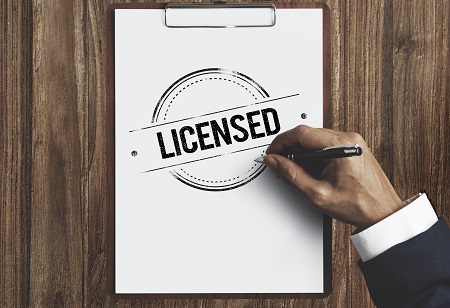
Apple has begun requiring new apps to show proof of a Chinese government license before being released on its China App Store, following in the footsteps of local rivals who had implemented the policy years earlier to comply with tightening state rules.
Apple began forcing app developers to submit the "internet content provider (ICP) filing" last Friday when they publish new apps on the App Store, according to its developer website.
An ICP filing is a long-standing registration mechanism that is required for websites to operate lawfully in China, and it has been used by most local app stores, including those managed by Tencent and Huawei, since at least 2017.
To get an ICP filing license, developers must have a company in China or work with a local publisher, which has been an obstacle for many foreign apps.
Apple's lax ICP policy has allowed it to sell many more mobile apps than local app rivals, boosting the US tech giant's appeal in China, its third-largest market after the Americas and Europe.
Apple's decision comes after China tightened its regulation of mobile applications even further in August when it issued a new rule mandating all app shops and app developers to submit an "app filing" detailing business facts to regulators.
Chinese officials disclosed the names of the first batch of mobile app retailers that finished app submissions last week, but Apple's App Store was not among them.
We use cookies to ensure you get the best experience on our website. Read more...